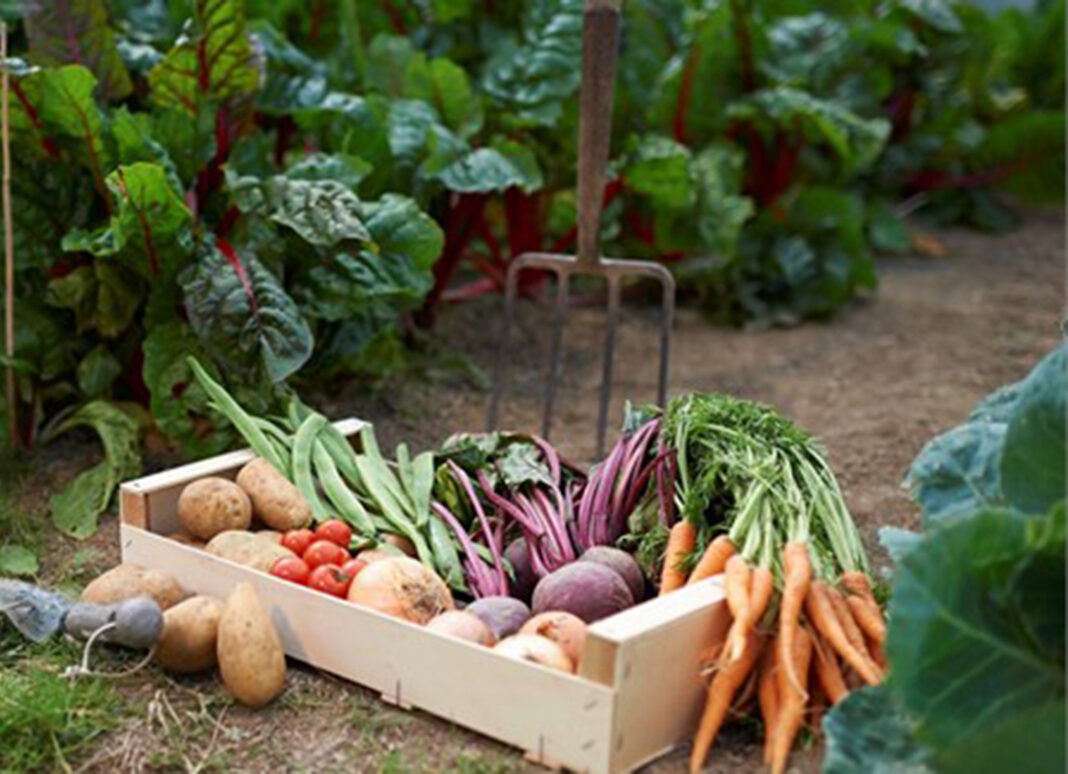Lesotho ranks 88th in the 2021 World Press Freedom Index. This year’s World Press Freedom Index, which evaluates the press freedom situation in 180 countries and territories annually, shows that journalism, journalism, which is arguably the best vaccine against the virus of disinformation, is totally blocked or seriously impeded in 73 countries and constrained in 59 others, which together represent 73% of the countries evaluated.
These countries are classified as having ‘very bad,’ ‘bad’ or ‘problematic’ environments for press freedom, and are identified accordingly in black, red or orange on the World Press Freedom map.
In 2018, Lesotho joined the still very small club of countries that have declared the criminalisation of defamation to be unconstitutional, but the authorities have continued to step up pressure on the media and journalists.
During a demonstration in 2020, the police fired on a female journalist and arrested several other reporters arbitrarily.
Indeed, Lesotho is not without challenges with regards to the media. Lesotho’s media problem is not only one of lack of freedom but rather one of lack of quality and coverage. A lack fuelled by decreasing financial freedom in newsrooms around the country.
What comes to mind here is the fact that many journalists in Lesotho work in subhuman conditions – grossly underpaid and exploited. The sad reality is that this practice of paying journalists slave wages, is blamed for the ever-deteriorating standard of media ethics, which has seen many journalists resorting to yet another deplorable practice – brown envelope journalism – to survive.
And these are the journalists who are a danger to society. Press freedom will remain a pipe dream for as long as the sector is awash with underfed journalists who are vulnerable to being bought.









